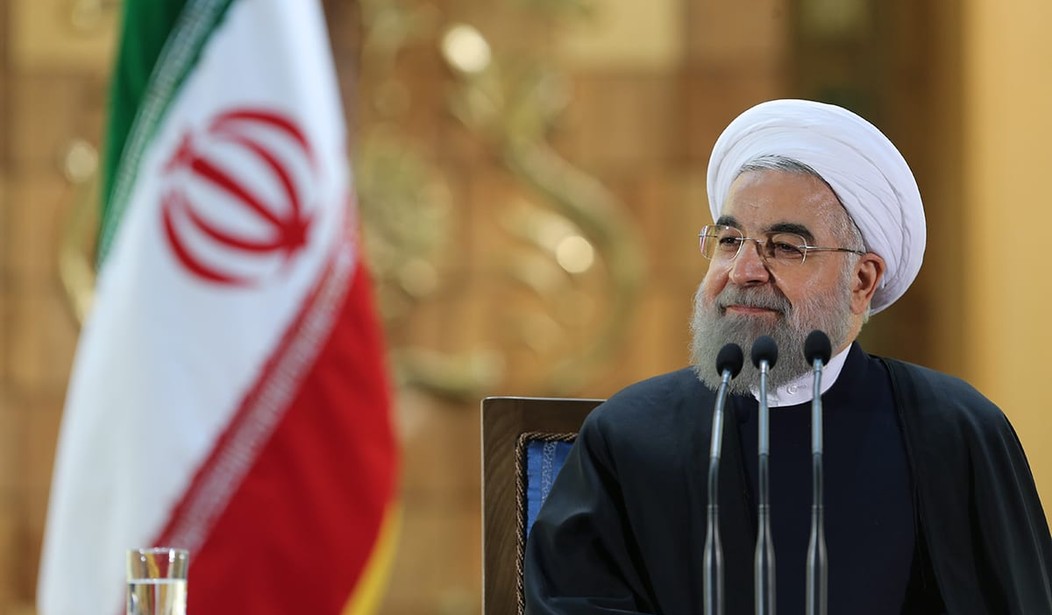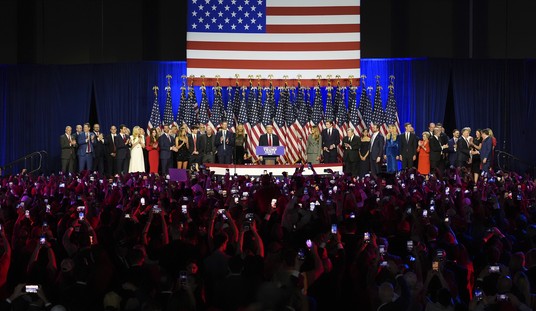A top Democrat on the House Foreign Affairs Committee warned that not only will the prisoner swap embolden Iran, but most of those released by Tehran’s request will remain in the United States to potentially commit additional crimes on behalf of the Islamic Republic.
“We share the joy of these five American families. But America paid a big price today,” Rep. Brad Sherman (D-Calif.), who voted against the Iran nuclear deal, told CNN on Saturday.
“Iran got something very important. They are now able to inspire their network of terrorists and their network of illegal military procurement folks. They are able to tell their people, look, even if you get caught, we will get out. We are still holding two American hostages after this deal, and if those aren’t enough, we’ll seize more,” he said.
“And we are going to see these seven who are released. Six of them will be able to stay in the United States. They can engage in more military procurement to help the nuclear missile program, or they can engage in acts of terrorism. We don’t know.”
Iran released five Americans and kept two in custody, both seized after the Iran nuclear deal was inked last year: one American citizen, businessman Siamak Namazi, and one permanent U.S. resident, IT expert Nizar Zakka. Iran’s Fars News Agency said they kept Namazi out of the deal because his charges were “not political.” Zakka, a Lebanese-American who works in Washington as secretary-general of the Dupont Circle-based Ijma3 group, which lobbies for the information and communications technology industry in the Middle East, was lured by the Iranian government to participate in a conference on women in sustainable development, then seized before he left the country.
Former FBI agent Bob Levinson, who went missing off the coast of Iran in March 2007 while working as a private investigator, was also not returned. Levinson’s family later received images of him in captivity, though the Iranian government has maintained they don’t know who is holding him. They angrily tweeted #WhatAboutBob after the hostage swap was announced.
In return, Iran secured clemency for Nader Madanlou, Bahram Mekanik, Khosro Afghahi, Arash Qahreman, Touraj Faridi, Nima Golestaneh and Ali Sabounchi.
Madanlou, a naturalized U.S. citizen and Maryland resident born in Iran, was sentenced to eight years in prison in 2013 for “conspiring to illegally provide satellite related services to Iran in violation of the International Emergency Economic Powers Act, two counts of violating the Iran Trade Embargo, money laundering and obstruction of bankruptcy proceedings.”
Mekanik and Faridi, both of Houston, and Afghahi, of Los Angeles, were all members of an Iranian procurement network operating in the United States, according to a 24-count indictment unveiled by the Justice Department in April. The U.S. Attorney called their actions damaging to national security as they illegally exported controlled microelectronics to Iran.
Ghahreman, of Staten Island, is a naturalized U.S. citizen convicted in April of violations of U.S. export and money laundering laws due to his involvement “in a scheme to purchase marine navigation equipment and military electronic equipment for illegal export to, and end-use in, Iran,” according to the Justice Department.
Golestaneh, a college student from Iran, was deported to the United States from Turkey last February to face a six-count hacking indictment. Officials charge that he hacked a Vermont aerodynamics company to steal millions in proprietary software.
Sabounchi, a U.S. citizen who lived in Maryland, was indicted in 2013 on charges of conspiring to export, and exporting, American manufactured industrial products and services to Iran, using co-conspirators in UAE and China as a go-between, according to U.S. Immigration and Customs Enforcement.
Sherman stressed that even if those guys don’t return to crime, “that Iranian network of terrorism financing of illegal missile and nuclear technology procurement and terrorism itself, that’s an inspired network now.”
“They know even if they get caught, Iran can get them released. That is very valuable to the government in Tehran that has killed and helped kill hundreds of thousands of people in Syria and Yemen,” the congressman said.
Sherman added the overtures toward Iran “may turn out to be a good foreign policy move if it is followed by intense sanctions designed to dissuade Iran from continue to go help Assad kill thousands of people every week, if it’s new sanctions to prevent Iran from killing so many people in Yemen.”
“So, we’re getting our hostages out. That’s either a first step toward a bad foreign policy, or it’s a first step toward a good foreign policy. But you cannot just rejoice with the families without looking at Syria and knowing that Iran is Assad’s number one ally and he is killing thousands of people every week,” he continued.
“And if we had intense sanctions on Iran, the innocent people they had seized would be released and we wouldn’t have to release the guilty people who can now inspire the other parts of Iran’s terrorist and military procurement network. Sanctions should have been opposed, keyed just to these hostages. We shouldn’t have had to let criminals not only out of jail but perhaps continuing to live in the United States.”
Foreign Affairs Committee Ranking Member Eliot Engel (D-N.Y.), who also voted against the P5+1 deal, said in a statement he’s “deeply relieved” at the release of the Americans, but “we shouldn’t forget that these men languished in jail for months and years with little information or contact with the outside world, living every day with deep uncertainty about their futures.”
“It is typical and cynical that Iran conditioned the release of the five Americans on the United States granting clemency to certain individuals being held for sanctions violations and lifting INTERPOL notices on others,” Engel said. “These Americans never should have been detained in the first place, and this demand is yet another disgusting action by the Iranian regime.”









Join the conversation as a VIP Member